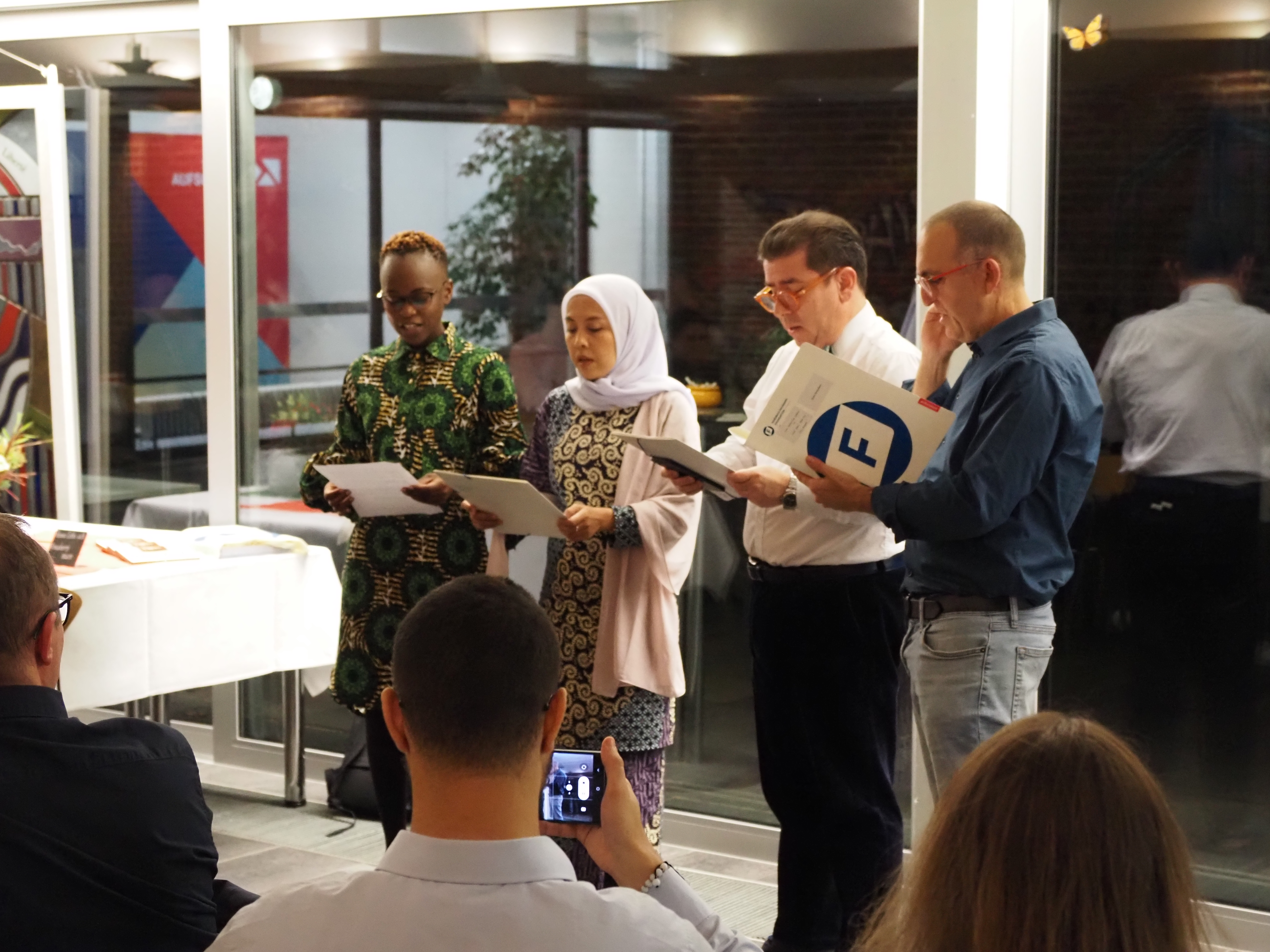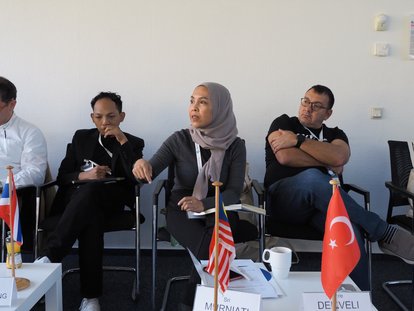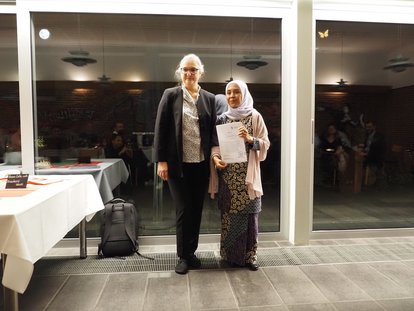IAF
Liberalism in a Changing World

From November 3–10, 2024, I had the privilege of attending The Future of Liberalism: Reimagining the Next Era of Freedom, a seminar organised by the International Academy for Leadership (IAF). This enriching event brought together 26 participants from across the globe to explore challenges to liberalism and identify ways to ensure its relevance in a rapidly changing world. The discussions focus on the rising challenges posed by populism, geopolitical tensions, value shifts, and pressing societal issues like climate change, identity politics, migration, and artificial intelligence.
The seminar provided a platform for honest introspection about liberalism’s role in today’s world. There was a consensus that complacency and optimism have sometimes slowed liberals' response to critical issues. The rise of populist leaders such as Trump, Viktor Orbán, and Modi, and the growing influence of right-wing parties like AfD in Germany and SD in Sweden, signal a decline in values like pluralism, tolerance, dialogue, and individual liberty—values that are at the heart of liberalism.

Sri Murniati in a deep discussion during IAF seminar "The Future of Liberalism: Reimagining the Next Era of Freedom" in Gummersbach.
© Sri Murniati YusufFacilitated by Sven Gerst and Arpita Nepal, we had the chance to critically examine the issue and the solutions for this decline. The seminar also provided the opportunity to learn more about climate change, identity politics, migration, and artificial intelligence (the four issues deemed to be the blind spots of the liberals) through conversations with experts.
We talked of many ideas to deal with the decline of liberal values and movements. Several strategies were highlighted and revisited throughout the discussions. These included embracing pragmatic liberalism, which involves adapting liberal principles to address contemporary realities; fostering broad-based coalitions that unite diverse groups under shared values to create a stronger and more inclusive liberal movement; and building grassroots connections to engage directly with communities, ensuring that liberal ideals resonate at the local level and address people's immediate concerns. Together, these approaches were seen as essential to revitalizing liberalism and enhancing its relevance in today’s complex political and social landscapes.
Apart from learning from the experts, the conversation with my peers provided me with the opportunity to re-examine positions on certain issues, recognise our own biases, prove our commitment to value diversity, and ignite interest to learn more. I gained a deeper understanding of the philosophical underpinnings of the political systems and ideologies we engage with daily. The reading list shared during the seminar is a treasure trove, and I look forward to exploring these materials further.

Sri Murniati with Bettina Solinger, head of the International Exchange and Training (IAF) department, in Gummersbach.
This seminar was a timely reminder of the evolving nature of liberalism and the importance of adapting our principles to meet the challenges of the 21st century. It also reinforced the need to stay informed and engaged, especially as we navigate complex global and local landscapes.
As I return to work, I hope these reflections and the learnings I’ve brought back can contribute meaningfully to the conversations and initiatives we are driving forward.
